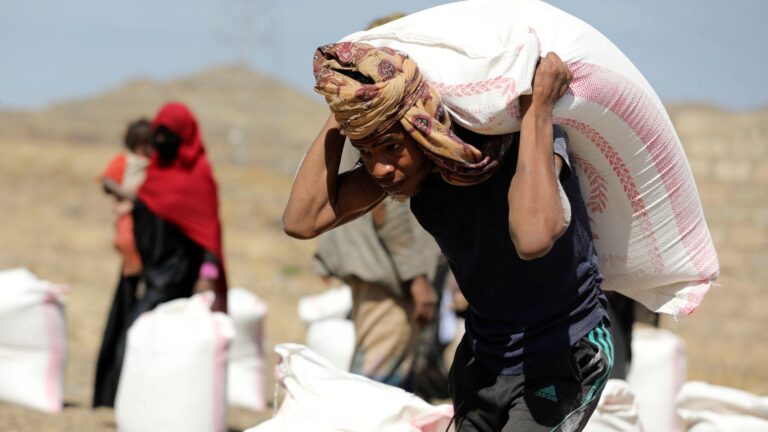Introduction
The UK has long been one of the largest contributors to global foreign aid, significantly impacting health and education initiatives worldwide. However, recent cuts to the foreign aid budget have raised concerns about the implications on these critical sectors. This article explores the profound effects of these cuts on global health and education.
Effects on Global Health
Decreased Funding for Health Programs
The reduction in foreign aid directly affects the funding available for health programs around the world. Countries that rely on UK aid for vaccinations, maternal health initiatives, and disease prevention are facing severe setbacks. This is especially crucial in regions already grappling with health crises.
Impact on Disease Management
With diminishing funds, vital disease management initiatives are under threat. For instance, UK aid has been instrumental in combating infectious diseases such as HIV/AIDS and malaria. Cuts to this aid may result in increased morbidity and mortality rates, reversing years of progress.
Implications for Education
Reduced Access to Quality Education
The UK’s foreign aid has historically supported education programs in developing countries. The recent cuts can lead to reduced access to quality education for millions of children. This is particularly alarming in low-income countries where education is already underfunded.
Long-term Economic Consequences
Investing in education is crucial for economic growth and stability. By cutting foreign aid, the UK may be undermining future economic development in various nations. A less educated workforce can lead to lower productivity and increased poverty levels in the long run.
Conclusion
The impact of UK foreign aid cuts on global health and education cannot be understated. Without adequate funding, many health initiatives may falter, and educational opportunities could diminish. The consequences not only affect the recipient countries but ultimately resonate across the globe. For further information on this pressing issue, you can read more at Borgen Project.

